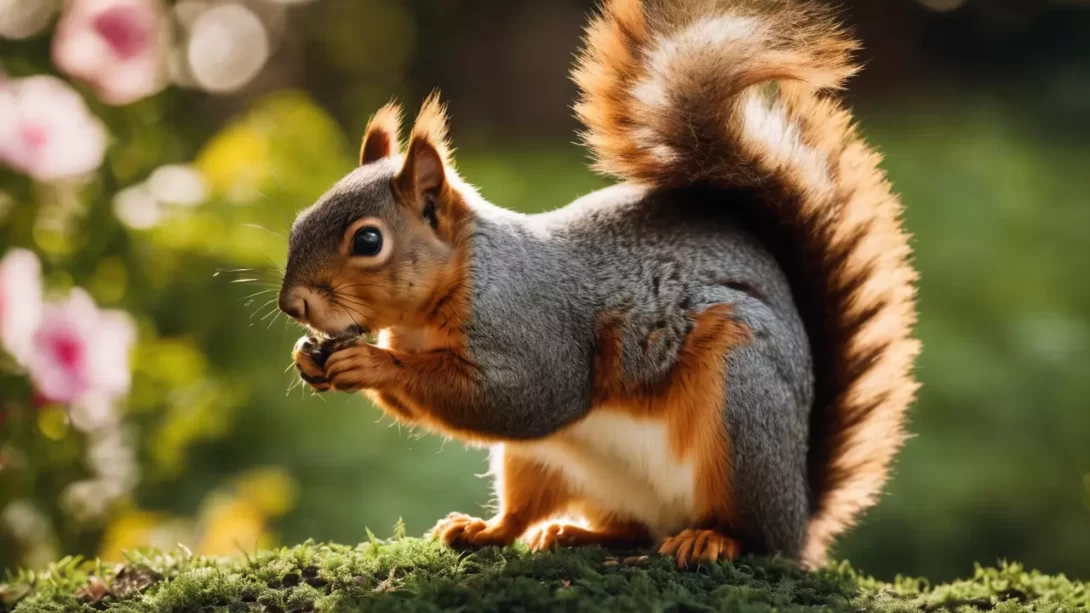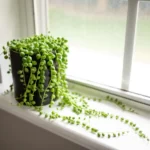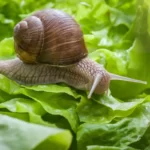Squirrels, with their playful antics and acrobatic skills, are a common sight in many gardens and urban areas. While these charming creatures are known for their diverse and adaptable diet, certain foods can be harmful to them. Understanding which foods to avoid is crucial for anyone interested in feeding squirrels, whether in their backyard or in public spaces.
Overview of a Squirrel’s Diet
Squirrels are primarily herbivorous, consuming a wide range of plant materials. Their natural diet consists of nuts, seeds, fruits, and vegetables, along with occasional insects and small animals. Squirrels play an important ecological role, particularly in seed dispersal, due to their habit of storing nuts and seeds. In urban environments, squirrels have adapted to a broader diet, often scavenging for whatever food is available.
Harmful Foods for Squirrels
Processed Foods
Processed foods, which are not part of a squirrel’s natural diet, can be harmful to their health. These foods often contain high levels of salt, sugar, and artificial additives that are not suitable for squirrels. Items like chips, crackers, and processed snacks should be avoided, as they do not provide the nutritional value that squirrels need and can lead to health problems.
Sugary and High-Fat Foods
Squirrels are attracted to sugary and high-fat foods, but these can be detrimental to their health. Foods like candy, cookies, and fatty fast foods can lead to obesity, dental problems, and other health issues in squirrels. While nuts are a natural part of their diet, salted nuts or those roasted with added oils and flavorings should also be avoided.
Certain Raw Fruits and Vegetables
Some raw fruits and vegetables can be toxic to squirrels or cause digestive issues. For example, fruits like citrus contain high acidity that can upset a squirrel’s stomach. Vegetables like onions and garlic are also harmful due to compounds that can be toxic to squirrels. It’s important to be aware of which fruits and vegetables are safe and which ones pose a risk.
Foods to Avoid
When feeding squirrels, it’s crucial to avoid certain foods that can be harmful to their health. This list includes:
- Chocolate: Contains theobromine and caffeine, which are toxic to squirrels.
- Dairy Products: Squirrels are lactose intolerant, and dairy can cause digestive problems.
- Junk Food: Chips, cookies, and other processed foods are high in salt and sugar, which are harmful to squirrels.
- Caffeinated Beverages: Like chocolate, drinks with caffeine can be toxic to squirrels.
- Alcohol: Any form of alcohol is extremely dangerous to squirrels and can be lethal.
- Foods High in Oxalates: Spinach and other vegetables high in oxalates can interfere with calcium absorption, leading to health issues.
Safe Alternatives for Feeding Squirrels
If you’re interested in feeding squirrels, consider these healthier options:
- Nuts and Seeds: Almonds, pecans, walnuts, and sunflower seeds are good choices. Avoid salted or flavored nuts.
- Fruits: Apples, bananas, and melons can be offered in moderation.
- Vegetables: Carrots, kale, and sweet potatoes are safe for squirrels.
- Water: Providing a clean source of water is also beneficial, especially in hot weather.
It’s important to feed these in moderation and not to depend solely on human-provided food, as squirrels need to forage for their natural diet for overall health and wellbeing.
The Impact of Improper Feeding
Improper feeding can have several negative effects on squirrel health and behavior. A diet high in inappropriate foods can lead to obesity, malnutrition, and dental problems. Additionally, over-dependence on human-provided food can alter their natural foraging behavior and impact their ability to survive in the wild. Feeding squirrels can also lead to an increase in squirrel population in a specific area, which may result in more human-squirrel conflicts and stress on local vegetation.
Conclusion
Feeding wildlife, including squirrels, requires a responsible approach to ensure their health and well-being. While it may be tempting to share various human foods with these playful creatures, it’s crucial to recognize that many common items can be harmful to them. Foods such as chocolate, caffeine, dairy products, junk food, and those high in oxalates should be avoided due to their potential to cause health issues in squirrels. Instead, opting for natural, healthier alternatives like certain nuts, seeds, fruits, and vegetables can provide a more suitable and safe snack for squirrels.
It’s also important to consider the broader implications of feeding squirrels. Overfeeding or providing improper diets can lead to health problems, dependency on human-supplied food, and disruptions in natural foraging behaviors. This can consequently affect the balance of local ecosystems and the health of squirrel populations. Additionally, an increased presence of squirrels due to feeding can result in more encounters between squirrels and humans, which might not always be favorable.
In summary, while interacting with wildlife can be a delightful experience, it should be done with care and consideration. By being mindful of what we feed squirrels and how often we feed them, we can enjoy their presence without inadvertently causing harm. Maintaining a respectful distance and allowing squirrels to remain wild and self-sufficient is often the best approach to coexisting harmoniously with these charming and resourceful animals.




